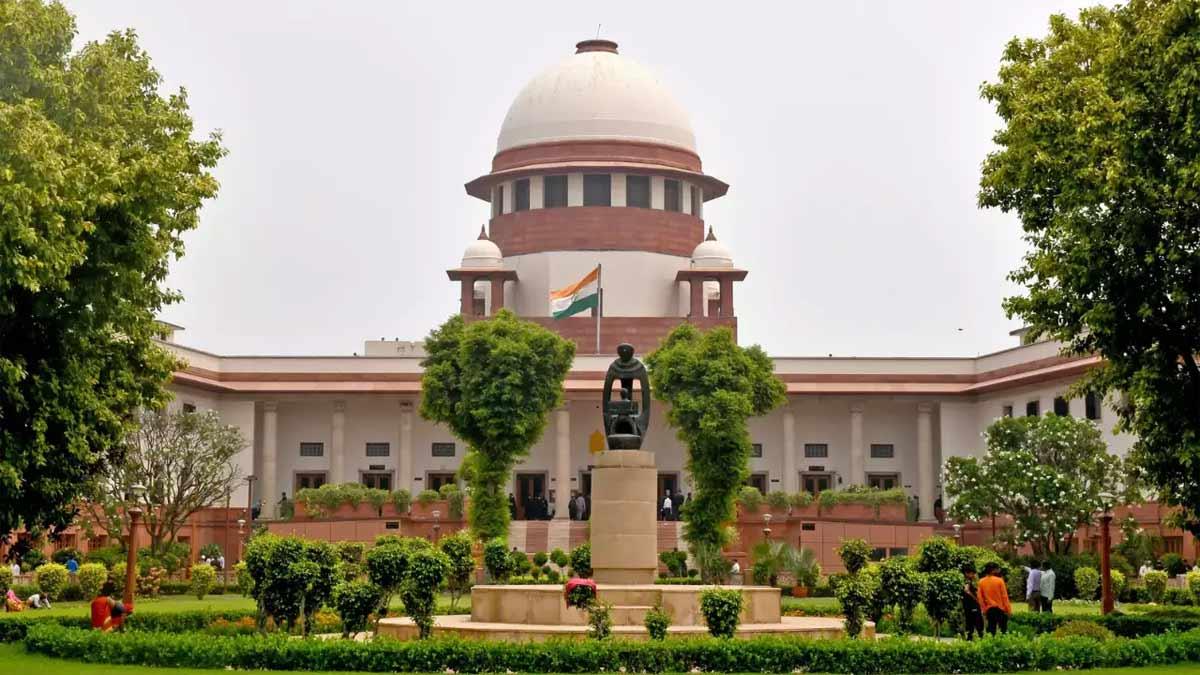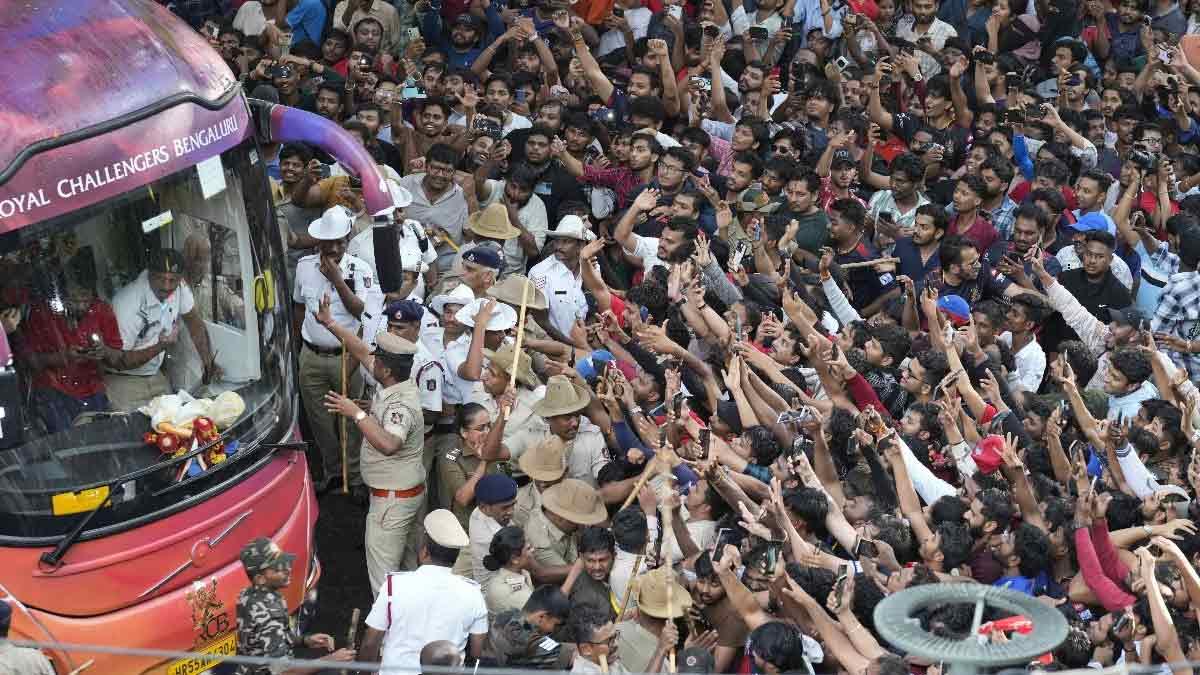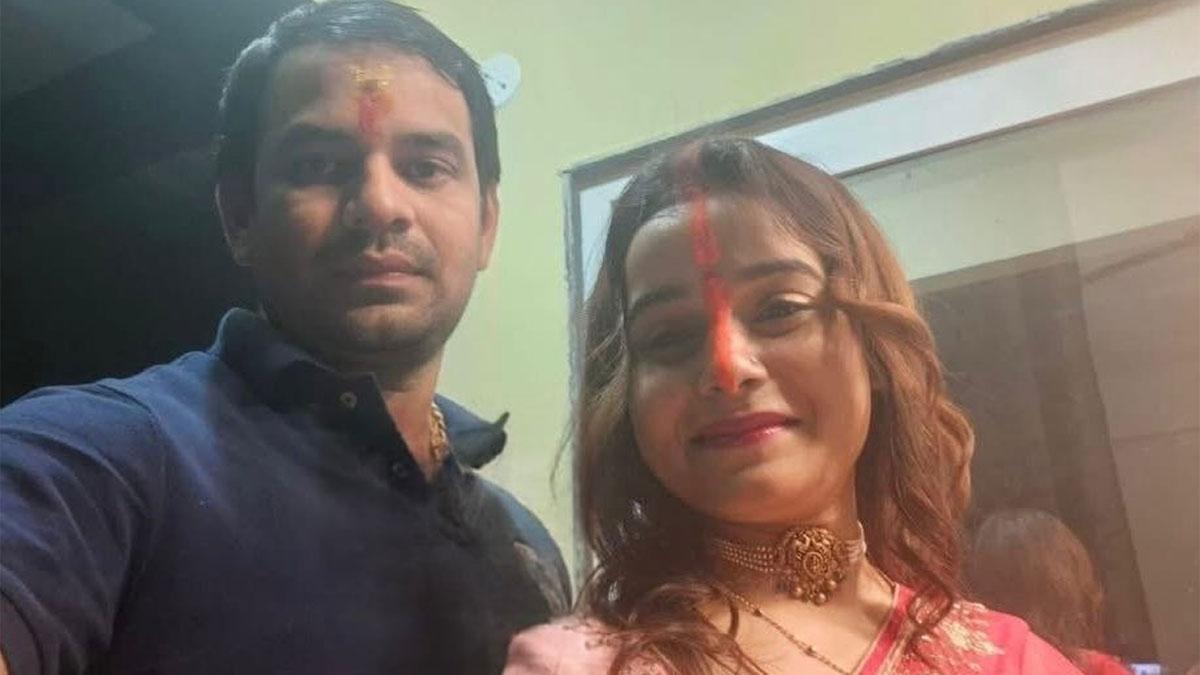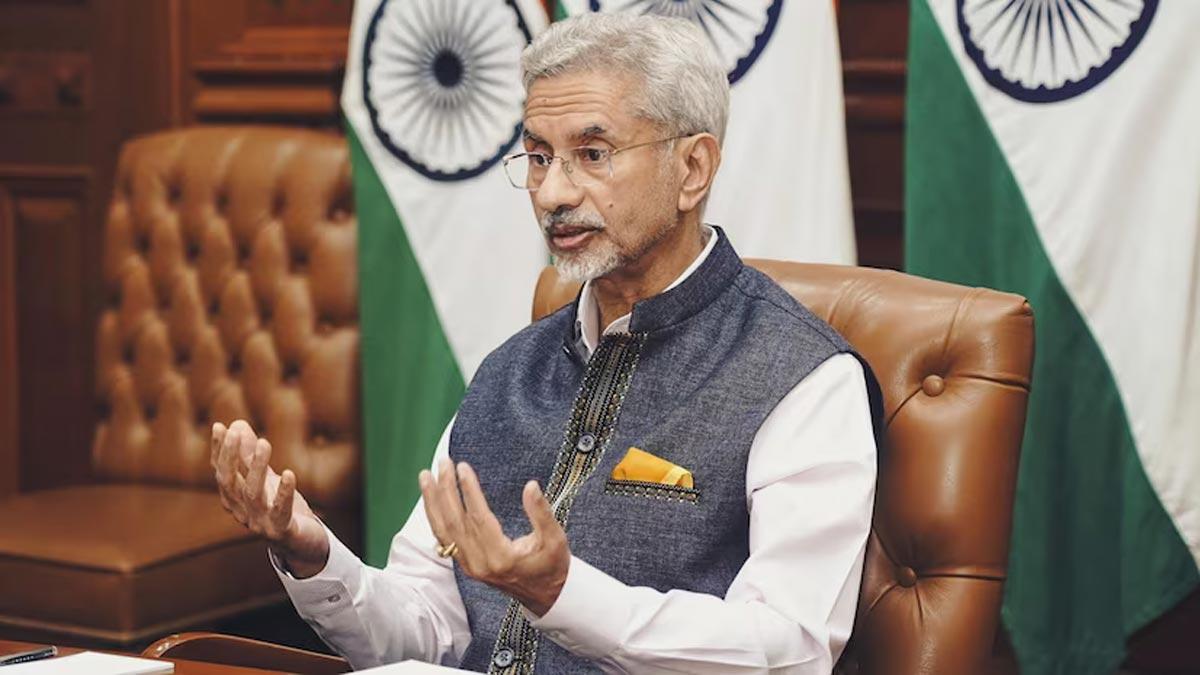On Friday, the Supreme Court declined to entertain a plea filed by advocate Yogamaya MG, seeking the implementation of the Women Reservation Bill before the 2024 Lok Sabha polls based on existing census data.
A bench headed by Justice Sanjiv Khanna directed the petitioner to file an impleadment application in the pending batch of petitions that address the same issue. The bench, which also included Justice Dipankar Datta, permitted the petitioner to withdraw her public interest litigation (PIL), emphasizing a desire to avoid multiple litigations on the matter.
It is noteworthy that the Supreme Court is already reviewing a PIL filed by Congress leader Jaya Thakur, advocating for the immediate implementation of the Nari Shakti Vandan Adhiniyam Bill 2023. This bill, passed in a special session of Parliament in September last year, mandates a 33% reservation for women in the Lok Sabha and all state Assemblies, including Delhi.
The women reservation law is not intended to alter the composition of the current Lok Sabha or existing Legislative Assemblies. Instead, it will be applicable once they are freshly constituted upon completing their respective tenures or being dissolved for any other reason.
Speculations suggest that the nationwide implementation of the women's quota will occur in 2029 following the completion of the delimitation exercise and will be effective for a 15-year term.
In her plea, advocate Yogamaya MG sought directions for the urgent and time-bound implementation of the Constitution (One Hundred Twenty-Eighth Amendment) Bill based on 2001 or 2011 census data under the provisions of the Delimitation Commission Act, 2002, in the upcoming Lok Sabha Elections 2024. She argued that relying on an indeterminable event, coupled with setbacks in the 2021 census, weakens the robustness of the statute's implementation.
(With Agency Inputs)


















